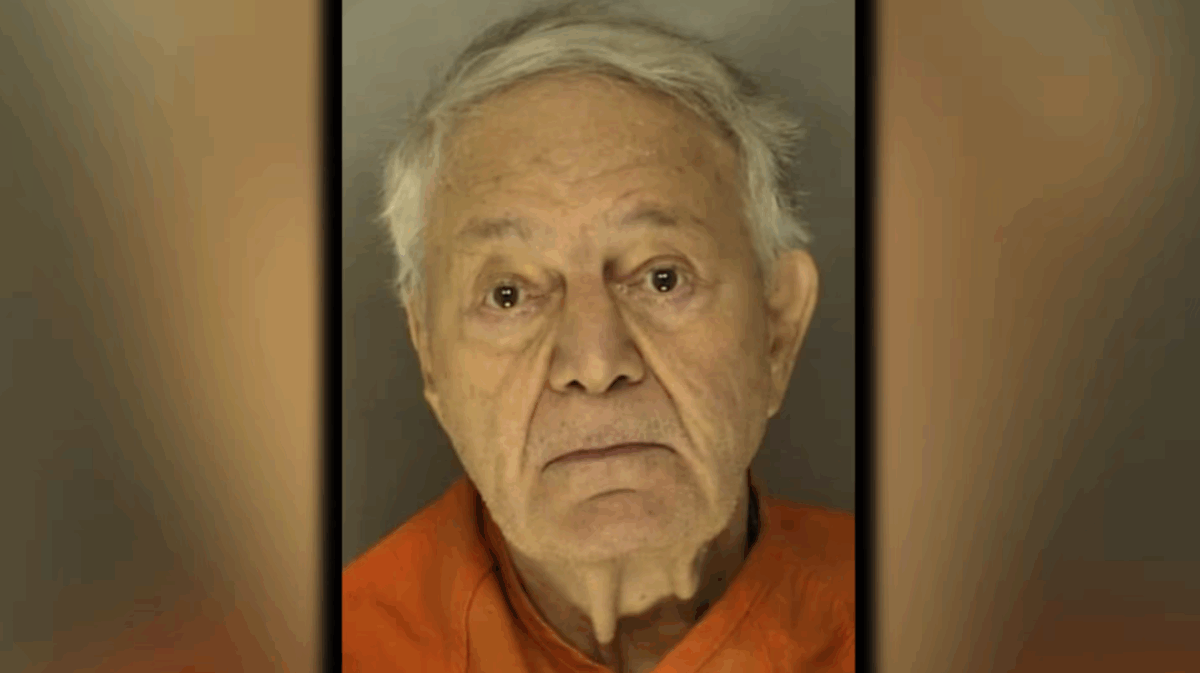There are moments when a single image — a hand raised, a small object clenched between fingers, the stunned silence that follows — makes the fault lines in a community visible. That is exactly what happened outside St. Anne’s Episcopal Church in Conway, South Carolina, when 79-year-old attorney Richard Lovelace approached pro-life protesters and, according to video captured by Survivors of the Abortion Holocaust, brandished what he claimed was a hand grenade.
The scene is unnerving not because it is unprecedented — threatening behavior at protests has, regrettably, become part of the modern civic landscape — but because of the collision of roles and expectations. Lovelace is not an anonymous passerby; he’s a long-practicing local lawyer, a figure tied to community norms and institutions that typically project stability.
To see someone wearing the mantle of an established profession hold what appears to be a weapon at a group exercising its right to protest poses uncomfortable questions about civility, escalation, and how communities respond when the line between rhetoric and menace is crossed.
The footage shows Lovelace approaching the activists, announcing, “This is a gift for you protesters. It’s a hand grenade,” according to eyewitness accounts. Organizers reacted quickly, calling police; Conway officers arrived within minutes and restrained the attorney.
Whether the device was a real explosive remains officially unresolved in the reporting, but the immediate danger perceived by those on the scene was very real — and so was the decision by law enforcement to take the claim seriously and effect an arrest.
This incident did not occur in a vacuum. Organizers with Survivors of the Abortion Holocaust say they’ve seen an uptick in threats following the assassination of Turning Point USA founder Charlie Kirk on Sept. 10 — a claim that underscores how one act of political violence can ripple outward, raising tensions and triggering fear at protests and campuses nationwide.
The context matters: demonstrators who once tolerated the occasional shove or shouted insult now report more threatening behavior, and the public conversation about safety, free expression, and accountability is evolving in real time.
Local institutions — the church, the diocese, Lovelace’s law firm, and law enforcement — have been circumspect in their public comments, emphasizing respect for peaceful protest and refusing to condone threatening behavior.
Survivors’ organizers, for their part, voiced a commitment to dialogue even after the incident; one said she would have been open to conversing with Lovelace in that moment, a reminder that civility remains an aspiration even when tempers and stakes are high.


